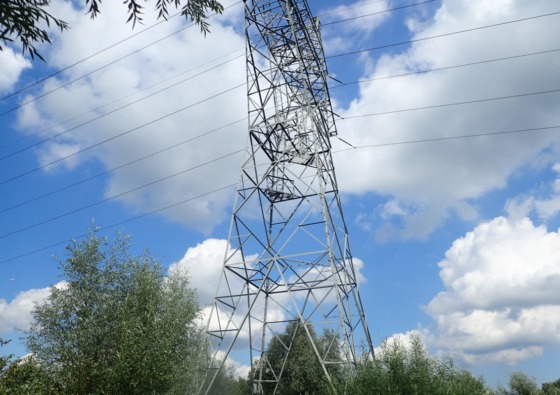Three-quarters of Dutch energy provision is now in foreign hands: FD


The sale of Eneco to two Japanese companies might mean the privatisation of energy provision in the Netherlands is now complete, but prices have not come down as hoped, the Financieele Dagblad reported on Wednesday.
The privatisation process started in 2004 and since then bills have soared, mainly due to taxes, the FD said.
The tax on energy has gone up 60% over the past seven years, largely to fund green power generation projects, according to research by website Pricewise. Fixed delivery costs have also gone up and some players are asking €160 in delivery charges, compared with €60, 10 years ago, Pricewise director Hans de Kok said.
Mitsubishi’s decision to buy Eneco means over 75% of the Dutch domestic and small business market is in foreign hands. Essent, owned by German company RWE, is market leader with a 29% share, Swedish state company Vattenvall has nearly 25% and Eneco is number three with 24%.
Annelies Huygen, a researcher with the TNO institute, told the FD that privatisation has created a much more diverse and experimental energy market.
‘The freedom to produce and to experiment has allowed lots of small companies to enter the market with new services, and big companies tend to follow the small ones,’ she said.
In addition, with most of an energy bill consisting of tax ‘what would you notice if if actual energy prices dropped a fraction?’, she said.
Thank you for donating to DutchNews.nl.
We could not provide the Dutch News service, and keep it free of charge, without the generous support of our readers. Your donations allow us to report on issues you tell us matter, and provide you with a summary of the most important Dutch news each day.
Make a donation